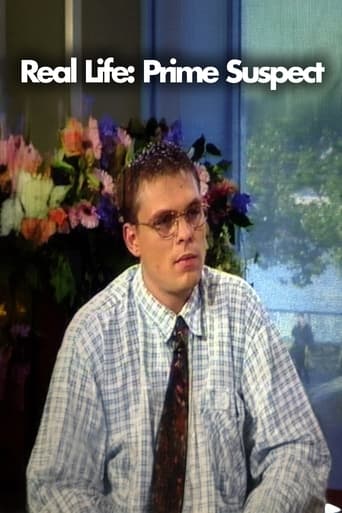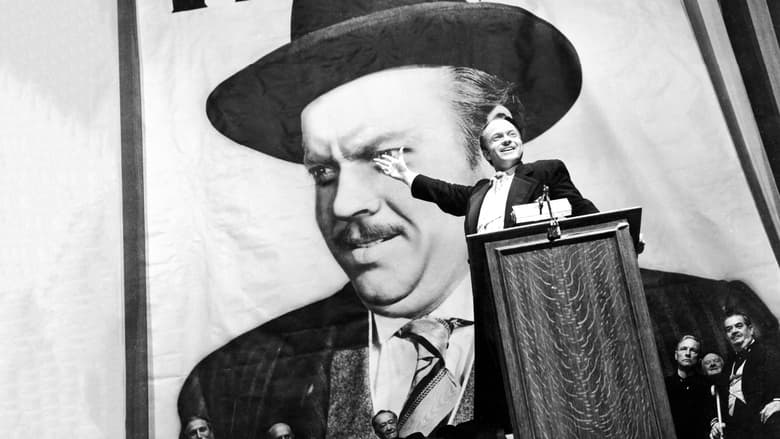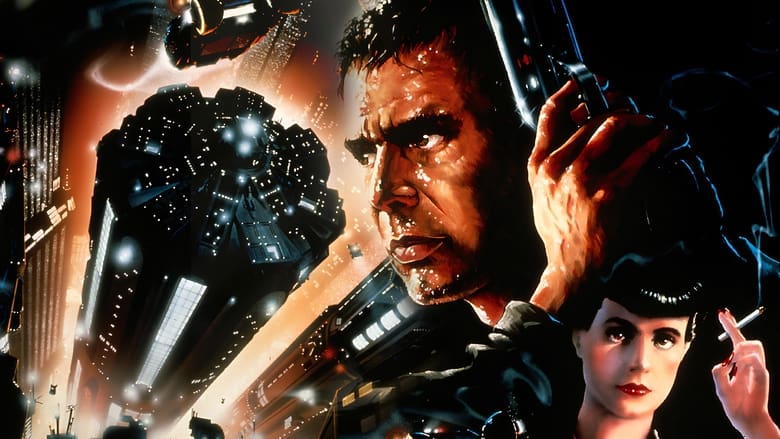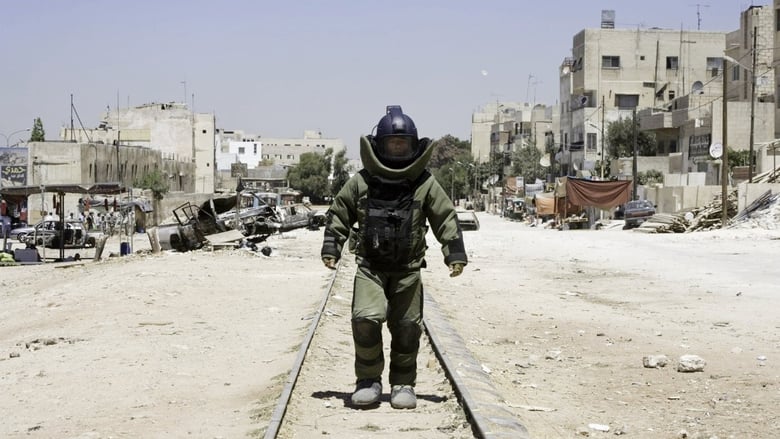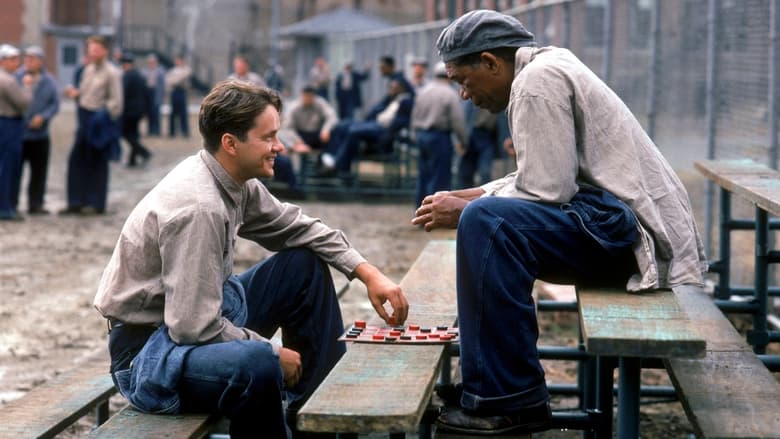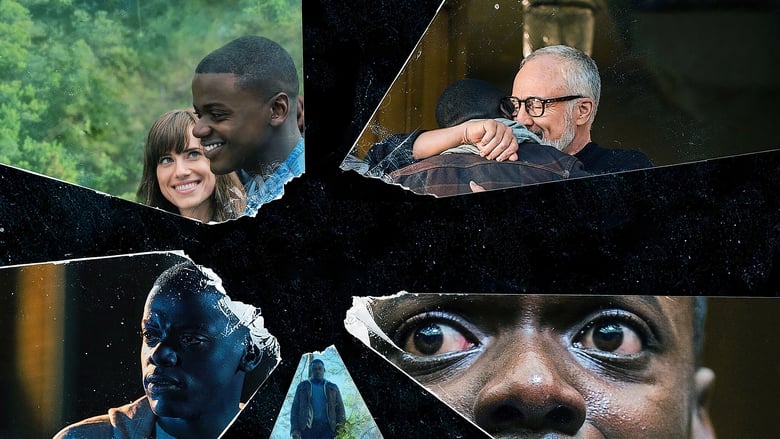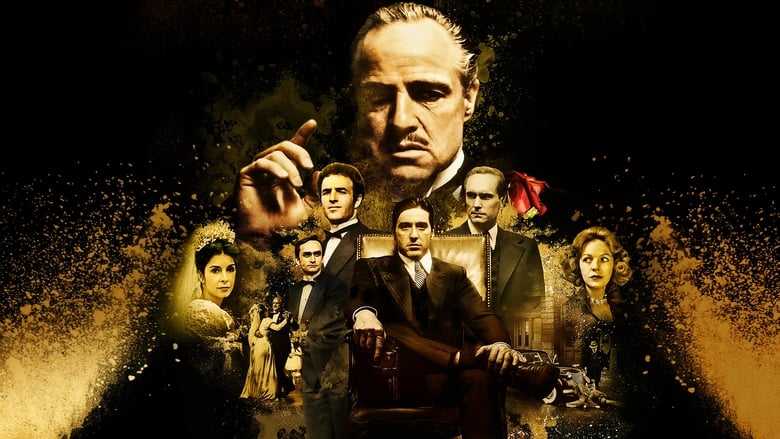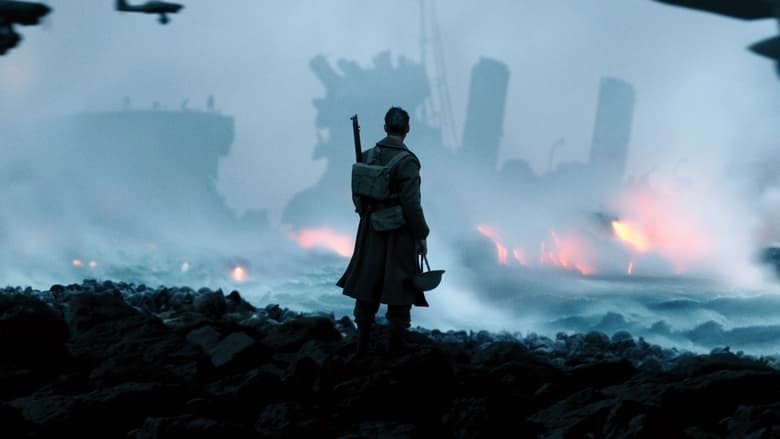There are five survivors in a futuristic library. Bam is their supreme dictator, and has the others interrogated and tortured, believing them to have said where. What Bam means is unclear, but he distrusts all.


Similar titles
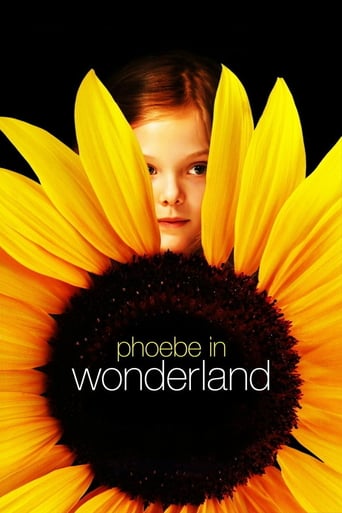
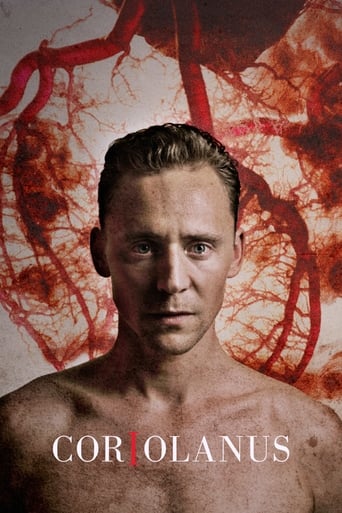
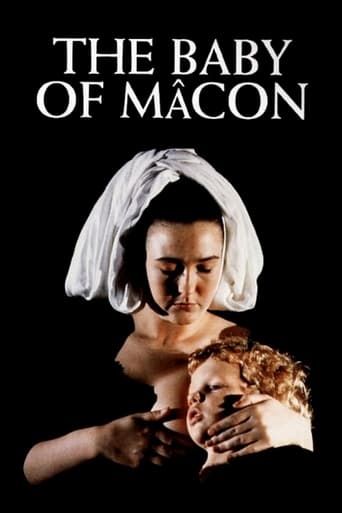
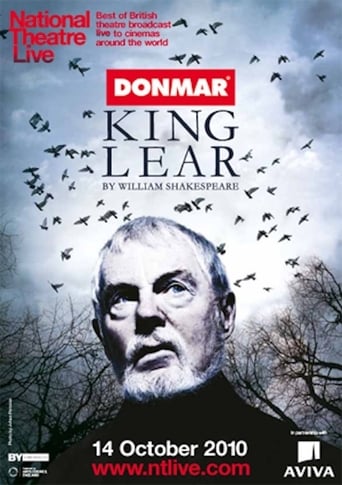
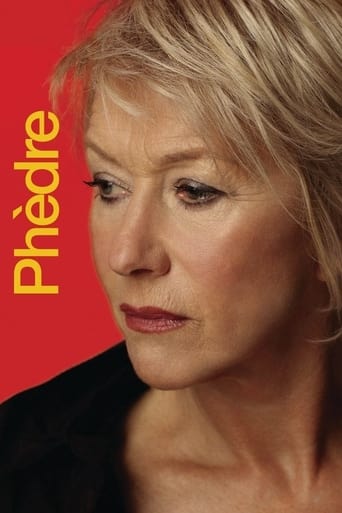
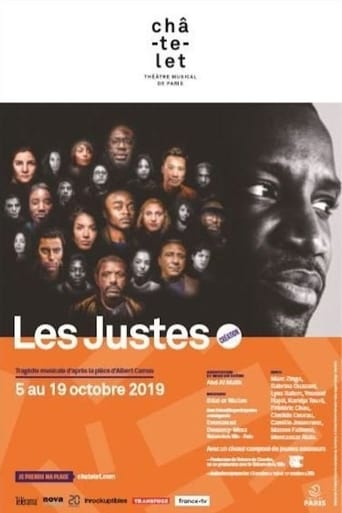

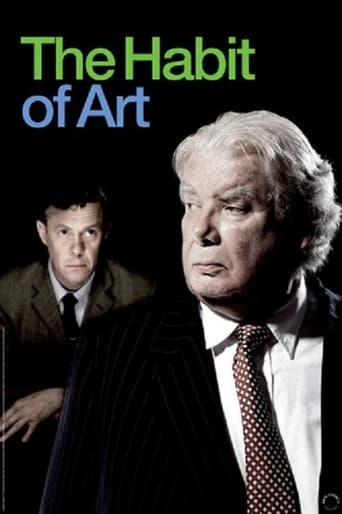
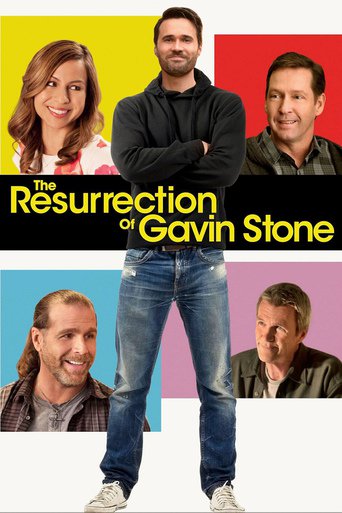
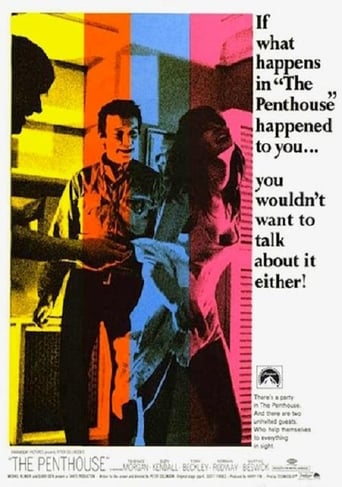
Reviews
Beckett's conceits of language reduced to its most basic.Repetition, starting again, people who all look the same, the bleakness of existence, are all here.Its Beckett's last play. This is the story of a man in a library who has an unnamed person tortured. The torturer comes in and reports that the person never confessed, the man doesn't believe him and has him tortured, and then he says that he didn't confess...until he's alone. Its story of a dystopia and totalitarianism, and other things if you want. The film is very good, the underlying play is less so. The trouble is that the world view and absurdism it reflects had been supplanted and expanded up by so many others before and after that this is little more than a quaint footnote. Still the film is not bad and worth seeing.
'what where' is one of Beckett's late pattern/mime plays that divide admirers of his work. The human element that grounded plays like 'Waiting for Godot' or even 'Endgame' has been almost completely alienated here, with characters that aren't even types but automatons going through repetitive motions in a grid-like space.Repetition works here in a number of ways - in the repeating of the drama, first as mime, then with words, the latter frequently interrupted and replayed; in the events of that drama, in which a man in command asks a minion about the success of a torture in extracting a confession, on each occasion the torturer being disbelieved and being tortured in his turn - the dialogue is, with crucial exceptions, actually identical; in the names of the characters, Bam, the leader, Bim, Bem and Bom (guess which one is missing). This repetition is increased by O'Donnell using the one actor to play three characters, and by the uniformity of set and costume.The spare setting, the narrative of control, torture and confession, the vicious, self-destructive circle of violence and repression have led many to see the play as a political parable, especially as it was written after Beckett's one explicitly political work, 'Catastrophe', dedicated to Vaclev Havel.But although this system seems brutally inhuman, the dialogue suggests another possibility. The events are directed like a play within the play we're watching, 'What Where', through Bam's orders on a megaphone. But besides giving orders, Bam gives the season, Spring, Summer etc., and the elliptical stage instruction, 'time passes', also mentioning that 'in the present as we were still', later changed to 'I'. The play can be read as an elegy on the life cycle, from spring to winter, its repetitious futility, the consuming need to find the answer to 'it', the 'what' of existence, its purpose, 'where'; the lack of answers; the end. Knowledge that it is inspired by Schubert's song-cycle 'Winter Journey' (see James Knowlson's biography) makes it seem even more poignant.director O'Donnell emphasises the political interpretation, setting the work in a huge, steely, monumental, futuristic chamber of power, part-'1984', part Krypton/'Star Trek', with outfits to match. The megaphone in this version is not the voice/mind alienated from itself, memory, history, body, but the ubiquitous drone of Big Brother. The metal clanging of doors and the crisp footsteps on the metallic floor contribute to the chilly atmosphere. The play becomes a representation of monstrous tyranny turning in on its faithful servants before turning in on itself, like the Stalinist purges, for example.In this world, culture, that collective expression of human fear and aspiration, has no place, and is reduced to the scaffolding of power, the Chamber here also a library, with words creeping the walls and unread books standing forbiddingly on columned shelves, or blown, ignored, discarded, by the chillly, arid environment.This is one of three successes of the Beckett on Film project, the text allowed to breathe, its theatricality preserved in a cinematic claustrophobia, the film freed from over-faithfulness by the piece's abstract nature. The close-ups actually work in this case, as they usually don't in Beckett's deliberately distant, mechanical work (which seems to have slipped some people's notice!), because they only increase the inhuman horror of the premise. If the film misses the poignancy latent in the work, than Beckett would probably applaud such unsentimentality.
